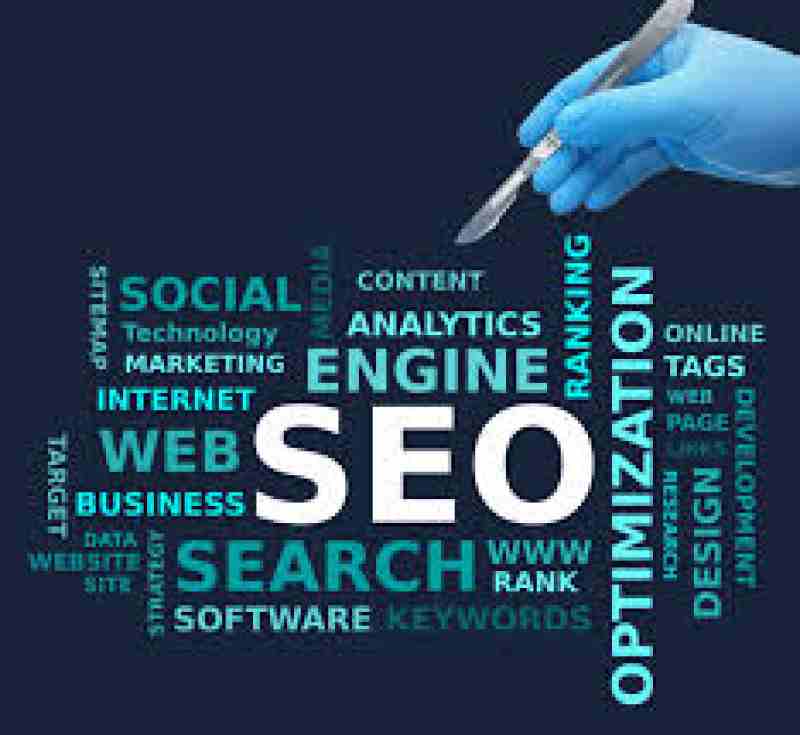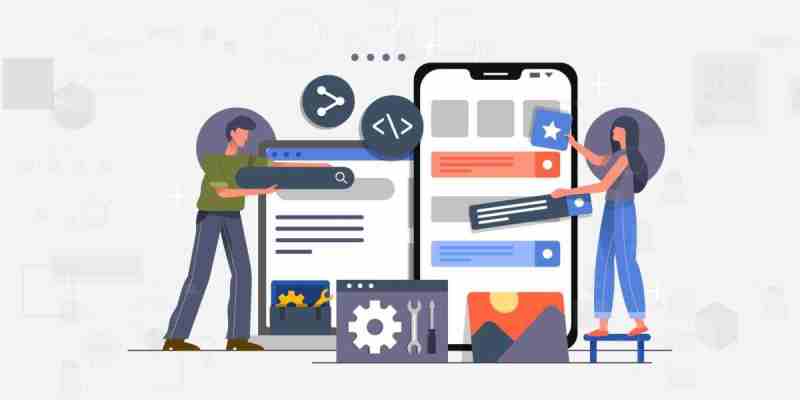Technology
How AI Companies Are Shaping the Future of Automation and Efficiency

 Kelly Smith
Kelly Smith
Artificial Intelligence (AI) is no longer just a buzzword. It has become the foundation of modern automation and business efficiency. From streamlining daily operations to helping organizations make smarter decisions, AI companies are changing how industries function and innovate. Today, businesses across sectors are turning to AI to save time, cut costs, and work smarter.
The Rise of AI-Driven Automation
Automation has existed for decades, but the integration of AI has completely transformed its impact. Traditional automation focuses on fixed, rule-based tasks. In contrast, AI-powered automation learns from real-time data and continuously improves its performance. This evolution has enabled industries like manufacturing, healthcare, logistics, and education to operate more efficiently and make informed decisions faster.
Through the support of artificial intelligence services companies, businesses now have access to machine learning models, predictive analytics, and natural language tools that bring intelligence into routine processes.
Benefits of AI-Powered Automation
- Higher Productivity:
- AI automates repetitive tasks, allowing employees to focus on creativity and problem-solving.
- Smarter Decisions:
- Businesses can use real-time data insights to make faster and more accurate decisions.
- Cost Savings:
- AI minimizes human errors and improves process efficiency, reducing operational costs.
- Scalability:
- Companies can easily scale their operations without proportionally increasing their workforce.
Transforming Industries Through AI
AI is no longer limited to tech companies. It is driving growth and innovation across diverse industries. Let’s look at a few key sectors being transformed by AI-driven automation.
Manufacturing and Supply Chain
AI is enhancing manufacturing efficiency by improving quality control and predicting equipment failures. Smart sensors and algorithms analyze machine data to prevent breakdowns and reduce downtime. In supply chains, AI helps forecast demand, manage inventory, and optimize delivery routes for faster and more cost-effective operations.
Healthcare
In healthcare, AI is helping doctors and hospitals manage patients more efficiently. From diagnostic tools that analyze medical images to predictive models that identify potential health risks, AI is improving patient outcomes. Automation also reduces paperwork, giving healthcare professionals more time for patient care.
Finance and Banking
Financial institutions use AI for fraud detection, credit scoring, and customer support. Chatbots and AI-driven tools provide round-the-clock assistance, while predictive analytics improve decision-making in lending and investment. These advancements make financial operations more secure, personalized, and efficient.
Retail and E-commerce
Retailers use AI to understand customer preferences and automate pricing and inventory management. Recommendation engines powered by machine learning enhance customer experiences by suggesting products that match their interests, leading to better engagement and higher sales.
Education
The use of AI in Education is changing how students learn and how teachers teach. AI tools personalize learning experiences by identifying student strengths and weaknesses. Intelligent tutoring systems and automated grading solutions save teachers time and help students learn at their own pace. With virtual classrooms and AI-driven analytics, education is becoming more interactive, data-driven, and accessible.
Role of Artificial Intelligence Services Companies
The backbone of these innovations lies in the work of artificial intelligence services companies. These companies help organizations implement AI solutions tailored to their unique needs. They bring technical expertise, tools, and strategies that make AI integration seamless and scalable.
Services They Offer:
- AI Consulting:
- Identifying areas where AI can create measurable improvements.
- Machine Learning Development:
- Building systems that learn and adapt through data analysis.
- Natural Language Processing (NLP):
- Powering chatbots, customer assistants, and sentiment analysis tools.
- Computer Vision:
- Enabling automation for image recognition, defect detection, and medical imaging.
- AI System Integration:
- Merging AI tools into existing enterprise systems for smoother workflows.
These companies not only focus on technological implementation but also help businesses follow best practices related to ethics, data privacy, and compliance.
How AI Enhances Operational Efficiency
AI strengthens efficiency by identifying and resolving inefficiencies across business operations. Here are some practical ways it makes a difference:
Predictive Maintenance
AI helps organizations anticipate machine breakdowns and schedule maintenance before issues arise. This reduces repair costs and prevents downtime.
Workflow Optimization
By studying work patterns, AI identifies bottlenecks and suggests improvements that make processes faster and smoother.
Resource Management
AI allocates resources such as energy, manpower, and materials more effectively, helping businesses reduce waste and maximize output.
Customer Support
AI-powered chatbots provide instant responses to customer queries, improving user satisfaction while reducing the workload on human agents.
The Future of Automation: Human and AI Collaboration
Instead of replacing humans, AI complements human intelligence. The future will rely on collaboration between humans and AI systems. While machines handle repetitive or data-heavy tasks, humans will focus on creativity, strategy, and decision-making.
This balance will boost innovation and productivity. Additionally, as AI in Education continues to evolve, it will play a vital role in preparing future professionals to thrive in AI-powered workplaces.
Conclusion
The future of automation and efficiency is being built by forward-thinking artificial intelligence services companies. These innovators are helping businesses transform operations, enhance productivity, and deliver better customer experiences. From smarter manufacturing lines to personalized education, AI is proving to be a game-changer.
As more organizations embrace AI, the focus will shift from automation alone to a world where humans and machines work together for smarter, faster, and more sustainable growth.
Source:
Click for the: Full Story
You might like













 Close Menu
Close Menu